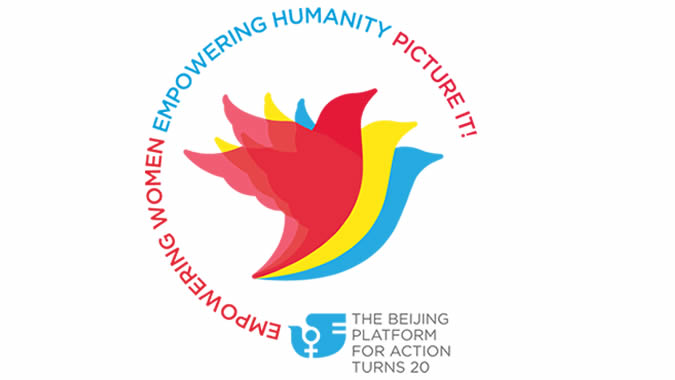Press Release
In 2015, the international community will commemorate the 20th anniversary of the Fourth World Conference on Women (Beijing, 1995) and the approval of the Platform for Action adopted by 189 governments. Latin American and Caribbean governments will meet in November in Chile with members of civil society and organizations from the United Nations system to review the commitments made then and the coordination with the post-2015 development agenda.
This special session dedicated to Beijing +20 will be held as part of the 51st Meeting of the Presiding Officers of the Regional Conference on Women in Latin America and the Caribbean, which will take place at ECLAC's headquarters in Santiago from November 17 to November 19, 2014.
The event is organized by ECLAC along with the United Nations Entity for Gender Equality and the Empowerment of Women (UN Women). Its conclusions and recommendations will be taken to the 59th session of the Commission on the Status of Women (CSW), which is scheduled for March 2015.
The session will give continuity to the meeting Beijing+20: outlook and challenges, held during the Twelfth Regional Conference on Women in Latin America and the Caribbean, which took place in Santo Domingo, the Dominican Republic, in October 2013, with the participation of ministers and prominent specialists on gender matters from various countries.
On that occasion, the participating countries in the Regional Conference included in the meeting's final document (Santo Domingo Consensus) accords that seek to promote the incorporation of the issues of gender equality and the empowerment of women into the development agenda after 2015.
At the 51st Meeting of the Presiding Officers, ECLAC's Division for Gender Affairs will present the regional report for the 20th anniversary of the Beijing Conference, which is being drawn up based on governments' national reports regarding their progress and challenges after the launch of the Beijing platform. These national reports can be consulted on ECLAC's Web site at the following link.
The reality in different countries will be reflected in the regional report and a global overview will be provided on the main trends regarding the most relevant gender issues today in Latin America and the Caribbean, including economic autonomy, violence against women, participation in decision-making, and care.
Additionally, the Presiding Officers will take a long-term view to debate about the development process in these last 20 years to define future actions that fit into the post-2015 agenda.



